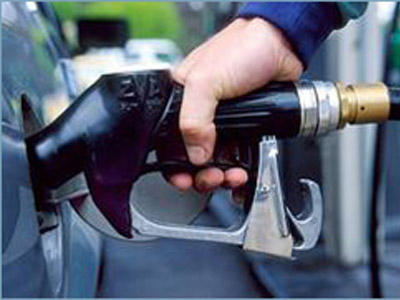Azerbaijan, Baku, Sep.16/ Trend F.Milad/
Iranian petrochemical units have restarted producing 8-10 million liters of gasoline as daily consumption hits 63 million liters, the Mehr news agency reported.
The delay in the implementation of the second stage of the subsidy reform plan is one of the main reasons for the consumption rise. The administration has no plan to implement the second stage of the subsidy reform plan at this point in time.
Since the subsidy reform plan must be implemented over a five-year period, 10,000 rials per liter is the best price for gasoline, which is now sold at 7000 rials per liter.
The first stage of the subsidy reform plan, which is mainly focused on cutting fuel subsidies, started in December 2010. Now the government is about to start the second stage.
A number of petrochemical projects will come on stream by the end of this year (March 20, 2013), which will boost the country's gasoline output by around 12 million liters per day, to hit 70 million liters per day, the National Iranian Oil Production and Distribution Company's managing director said in May.
Gasoline production units at the Imam Khomeini, Shazand, Abadan, Tondgouyan and Lavan refineries will be put into operation by the end of the year, Alireza Zeighami said.
Iran exported over 132,000 tons of gasoline, worth around $134 million, last year. According to Customs Administration data, the gasoline exports rose by 127 percent in value and 108.5 percent in volume, respectively, compared to the year before.
Armenia, Afghanistan, the UAE, Iraq and Oman were the destinations for Iranian gasoline.
Iranian gasoline imports have slumped by as much as 95 percent over the last four years, according to official government data, as rising refinery capacity and lower fuel subsidies help neutralize Western sanctions aimed at starving Tehran of fuel.






